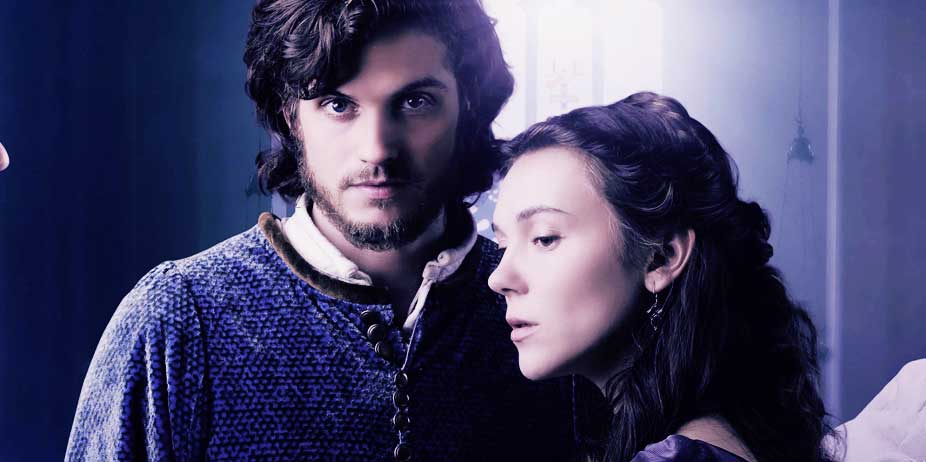 Medici:
Masters of Florence (2017)
Medici:
Masters of Florence (2017)
Even though this series has good production values, a decent cast, and focuses on a rarely explored period, it misses the spark necessary for truly memorable drama.
The Medici family patriarch, Giovanni (Dustin Hoffman) is dead, leaving his eldest son, Cosimo (Richard Madden), to manage the Medici banks and discover the true identity of the individual responsible. Giovanni's death leaves the Medicis vulnurable, for it enables their enemies to make drastic moves against them in the Florentine Council. While Cosimo and Lorenzo (Stuart Martin) take drastic steps to ensure an alliance with Rome, Cosimo's wife Contessina (Annabel Scholey) works to regain favor among their Florentine friends, as well as to promote the interests of her eldest son.
Flash back a decade, to Giovanni's trip abroad to form a banking alliance. Cosimo pursues the life of an artist, desiring the freedom it entails, as well as falls in love... but destiny pulls him elsewhere.
The Medicis have seen a recent surge in public interest, with various members of the family over different decades turning up in costume dramas; for anyone familiar with Florence's history, this series is fun, because you're bound to recognize most of the major players' names (since the same several families fought one another in political circles for centuries). The history is sometimes creative, the mystery of who murdered Giovanni an over-reaching arc as they explore the family's banishment, financial advancements, attacks of the plague, political betrayal, and marital troubles (eventually, we do find out the truth).
Since it's such a great topic, the series should work better than it does -- and maybe it will, for other viewers; I found some episodes very engaging and others less so, with the standout character being Contessina, a woman of deep emotional intensity, often hurt by her husband's indifference, but intelligent and able to win others to his side. One episode sharply contrasts their different moral approaches, when each faces sexual temptation while separated; one remains faithful, the other does not. It explores themes of artistic advancement during the period, slavery and female ownership, and touches on church corruption. Yet, for me, despite the costumes (inaccurate but attractive) it isn't that memorable.
Sexual Content:
A half dozen graphic sex scenes, some of them involving
nudity; adulterous encounters; several instances of full-frontal female nudity;
all the leading ladies bare their breasts before the end; two men are discovered
in bed together; out-of-wedlock pregnancy.
Language:
Occasional profanities and abuses of deity.
Violence:
A man dies of poisoning; others are stabbed through the
chest; mob violence; sometimes bloody or grisly.
Other:
Church politics reveal the corruption and immorality of the
present Pope.
